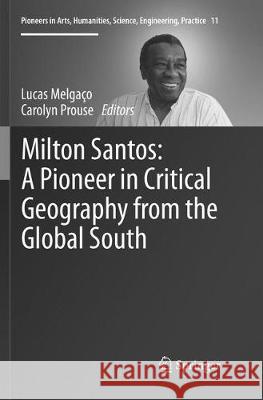Milton Santos: A Pioneer in Critical Geography from the Global South » książka
topmenu
Milton Santos: A Pioneer in Critical Geography from the Global South
ISBN-13: 9783319852508 / Angielski / Miękka / 2018 / 165 str.
Milton Santos: A Pioneer in Critical Geography from the Global South
ISBN-13: 9783319852508 / Angielski / Miękka / 2018 / 165 str.
cena 241,50
(netto: 230,00 VAT: 5%)
Najniższa cena z 30 dni: 231,29
(netto: 230,00 VAT: 5%)
Najniższa cena z 30 dni: 231,29
Termin realizacji zamówienia:
ok. 22 dni roboczych
Bez gwarancji dostawy przed świętami
ok. 22 dni roboczych
Bez gwarancji dostawy przed świętami
Darmowa dostawa!
Kategorie BISAC:
Wydawca:
Springer
Seria wydawnicza:
Język:
Angielski
ISBN-13:
9783319852508
Rok wydania:
2018
Wydanie:
Softcover Repri
Ilość stron:
165
Waga:
0.25 kg
Wymiary:
23.39 x 15.6 x 0.97
Oprawa:
Miękka
Wolumenów:
01
Dodatkowe informacje:
Wydanie ilustrowane











